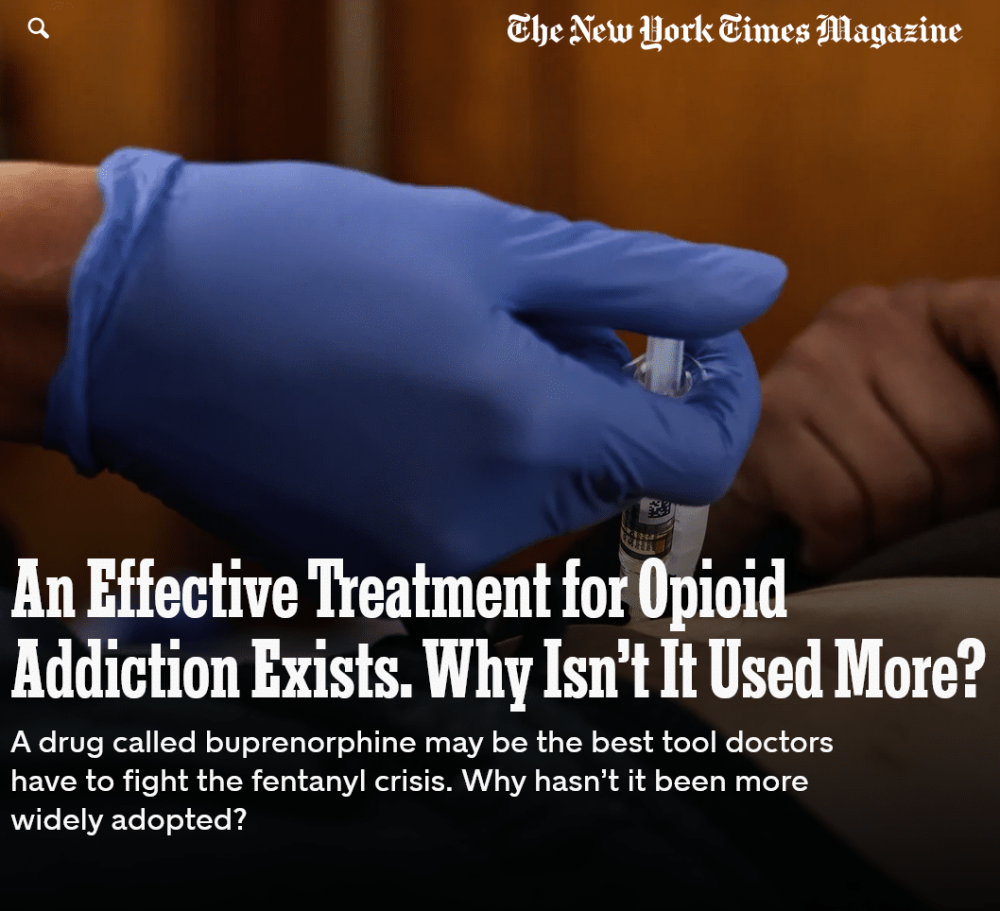Benzodiazepines, also commonly known as benzos, are highly addictive prescription drugs. They treat a variety of disorders and are considered safe if used short-term. Long-term use may lead to physical or psychological dependence or substance use disorder. Along with these, users may experience multiple adverse side effects. Benzo withdrawal can be dangerous, and in some cases, even life-threatening. As such, getting off benzos should always be done in the presence of medical professionals.
What Are Benzodiazepines?
Benzos are depressants that produce sedation, induce sleep, relieve anxiety, and prevent seizures. They affect GABA neurotransmitters in the brain to slow down brain activity and “calm” it. GABA is considered a tranquilizing transmitter and benzos enhance this calming effect.
Popular kinds of benzos include:
- is used to treat anxiety and panic disorders. It is an intermediate-acting drug, meaning that it stays in your system for less than a day.
- Ativan is mostly prescribed for anxiety but can also help with seizure disorders such as epilepsy.
- Klonopin treats both anxiety and seizure disorders. It is a longer-acting drug, meaning that it can stay in your system for a few days. Klonopin use can be especially dangerous due to its half-life. It has a half-life of 30-40 hours, meaning it can stay in the system producing effects for up to 12 hours.
- Restoril is a sedative used for treating insomnia.
- is an anti-anxiety and anti-convulsant drug. It is used to treat panic attacks, restless leg syndrome, insomnia, seizures, and alcohol withdrawal.
Benzos are one of the most prescribed drugs in the United States. According to the National Institute on Drug Abuse, between 1996 and 2013, the number of adults who filled a benzo prescription increased from 8.1 million to 13.5 million, an increase of 67%.
Side Effects of Benzodiazepines
Benzo side effects may occur after the “high” has worn off, including:
- Mental confusion
- Anxiety
- Blurred vision
- Headaches
- Forgetfulness
- Irritability
- Fatigue
Long-term benzo use can impact cognitive function and the brain. Cognitive skills such as response times and coordination may be affected. Other effects of using benzos for an extended period may include depression, disinhibition, and impaired memory.
Benzodiazepines and Alcohol
Many people mix benzos and alcohol, which depress the central nervous system. By themselves, benzos cause lethargy, drowsiness, memory impairment, mental confusion, and depression. Mixing alcohol with them increases the intensity of these effects and causes other problems, including memory loss, poor coordination, organ failure, and coma. Combining alcohol and benzos also increases the risk of overdose, which may be fatal. Respiratory failure is the most common way this mixture becomes fatal.
A 2010 study estimated that of the 408,021 emergency department visits in the United States related to benzo use, 111,165 (27.2%) involved alcohol. Of the 1,512 deaths related to benzos in 2010, 324 (21.4%) involved alcohol.
Benzodiazepine Overdose
Overdosing on benzos is a severe and fatal risk of misuse. Symptoms of a benzo overdose include:
- Slurred speech
- Confusion
- Shaking
- Difficulty breathing
- Slow heartbeat
- Severe drowsiness
- Severe weakness
From 1999 to 2017, overdose deaths related to benzos rose from 1,135 to 11,537. The number of fatalities involving benzos and other substances has been increasing steadily since 2014.
Benzodiazepine Withdrawal
After prolonged use, an individual who uses benzos will experience physical and psychological withdrawal symptoms when trying to quit using the drug. The duration and amount used determine the severity of withdrawals. At their most intense, withdrawal symptoms from benzos can lead to death. An individual who abruptly stops taking benzos is more likely to experience severe withdrawal symptoms than those who gradually taper off. Withdrawal symptoms after stopping benzo use may include:
- Nightmares
- Delusions
- Convulsions
- Seizures
- Constipation or diarrhea
- Nausea or vomiting
- Muscle and joint pain
- Migraine headaches
- Intense anxiety
- Irritability
Xanax withdrawal may start more quickly than longer-acting benzos, such as Klonopin because it takes a shorter amount of time to leave the body. Withdrawal symptoms may also be less intense with longer-acting benzos. Peak withdrawal is typically three to five days after last use. During this time, individuals are at the highest risk for severe withdrawal and potential seizures.
Due to the severity and fatality risk associated with benzo withdrawal, an individual should always quit using benzos in medical professionals’ presence. At Gallus Medical Detox Centers, we offer IV therapy and a benzo taper to gradually reduce the medication dose to help with uncomfortable withdrawal symptoms. Gallus provides a taper once patients are through the acute phase of care; this means patients leave our care with a benzo taper.
Recognizing Benzodiazepine Misuse
While using benzos short-term as prescribed, it is less likely to develop tolerance or substance use disorder, but it is not impossible. It may be hard for friends and loved ones to spot benzo misuse due to it being a prescribed medication. Once a prescription has expired or an individual begins looking for more substantial effects, erratic behavior may emerge, indicating a benzo addiction. Common behaviors associated with benzo addiction may include:
- Taking another person’s pills for personal use
- Visiting multiple doctors to obtain prescriptions
- Forging prescriptions
- Purchasing benzos illegally
- Taking more benzos or taking them over a longer period than intended
- Spending significant time obtaining and using benzos
- Experiencing cravings or withdrawal symptoms
- Needing more of the benzo the achieve the same effect
- Exhibiting impaired performance at home, work, or school
Benzodiazepines, also known as benzos, are prescription drugs that are especially dangerous and addictive. They treat various disorders, including anxiety, panic disorders, narcolepsy, epilepsy, and may even be used for alcohol withdrawal. Long-term use of benzos may lead to physical or psychological dependence, as well as substance use disorder. Benzos are especially dangerous when combined with other substances, specifically alcohol. Benzo overdose rates are on the rise and alcohol only increases this risk. Withdrawals from benzos may be uncomfortable, frightening, and even life-threatening. Quitting benzos must be done in medical professionals’ presence and most often requires a benzo taper.
At Gallus Medical Detox Centers, we use proprietary, evidence-based medical protocols that prioritize our patients’ comfort and safety to guide them through the detox process. We offer both IV therapy and a benzo taper to help our patients comfortably detox from benzos. Our personalized treatment is delivered in a safe and peaceful environment.


 Casey Wilson
Casey Wilson 

 Steve B
Steve B